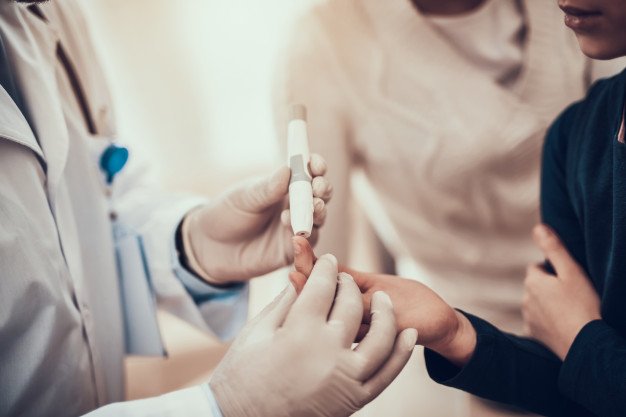It has been established that marijuana has an overall positive effect on human body and more and more people are starting to experience it and discover how cannabis can be used in many different forms to help treat certain conditions or it can be consumed recreationally for relaxation and fun.
More and more countries are starting to open their eyes towards the idea of making the green plant legal and accessible. California legalized it in 2016 for both medical and recreational use, opening many new dispensaries like People’s OC.
Now it is much easier for people from all walks of life to enjoy this wonderful plant, share experiences, and further test marijuana thus filling some gaps in practice which science tries to explain in theory.
The topic for today will be the effect of marijuana on your sex life. We are sharing our thoughts and experiences on how cannabis you get from legal marijuana shops in California and other states where recreational marijuana is legal can make sexual experiences different and better.
All in your head?
You can say that this literally is true because marijuana directly affects receptors in the brain with its active component THC which stimulates the release of hormones of happiness and peacefulness (dopamine and anandamide).
If you combine the high THC-rich recreational marijuana achieves with a regular sexual arousal, the results both of these conditions provide only complement each other and enhance the intercourse in terms of quality, duration and amount of pleasure.
It is worth noting that not all people have the same experience when consuming cannabis, some feel like they grasp the whole cosmos with their mind, others claim that they feel nothing or just sleepy, and a similar comparison can be made for sexual experience and orgasms.
Science can’t draw a definitive line and pinpoint precisely what type of experience a person is going to have, but it sure can answer many hows and whys of marijuana’s effect on human body.
Benefits of mixing marijuana and sex
We are well aware of the positive effect marijuana has on us, but here are some benefits which directly affect the quality of your sexual life and improve it on so many levels. It helps fight off anxiety, relieve tension, relax and gain confidence in your performance, it also reduces the accumulated stress.
Increased libido and sharpened senses boost both mental and physical experience, meaning the feelings of joy and pleasure sex provides are raised on a new level. People have also experienced a stronger emotional connection with their partner during the intercourse in a sense that they can truly relax and shift all of their focus on the partner and sex, which means that the brain does not allow any other distraction to reduce the amount of joy even the slightest.
This strong focus translates well to your physical performance as well, you feel more energized, and you can extend the duration of the intercourse and thus intensify and prolong your and your partner’s pleasure. This state of heightened concentration allows you to savor every single moment of sex until you reach the climax.
Try to balance things out
As in every other aspect of life, balance is the key. This is especially important for marijuana because it hasn’t been scientifically determined how much weed one should take to reach the optimal experience.
Effect of marijuana are individual and the best way to determine how much weed you need is to test on yourself and see what works and not. What you ideally want is a moderate consumption in order to reach the level of joy we’ve mentioned before.
Many factors influence how things are going to play out, but too much marijuana intake can lead to some undesired effects such as reduced motor skills functionality, lack of sexual drive and fatigue.
Men and women are affected differently as well, and current circumstances and mood also play a big role, but if you are able to balance things out and find the amount that works for you, then pleasure and fun are the only side-effects you’d ever have.
Read Also :






















